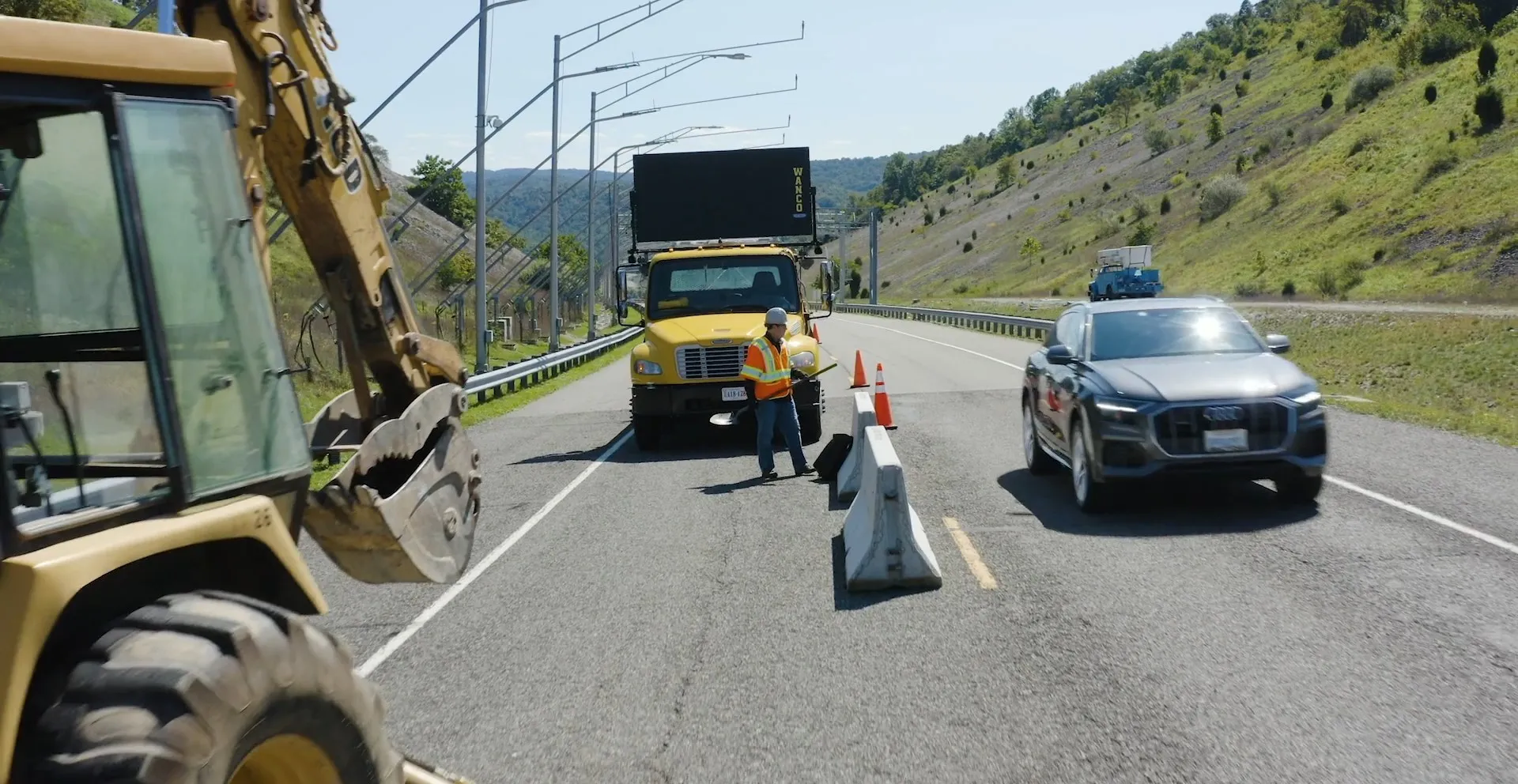The crosswalk, created by mobility developer Bercman Technologies, comprises electronic signage positioned at either side of the road to warn vulnerable road users (VRUs).
Cohda Wireless CEO Paul Gray says: “The Smart Pedestrian Crosswalk Solution will leverage our V2X technology to alert VRUs of cars and other vehicles approaching the crossing and which appear, by reason of their approach speed, unlikely to stop.”
Connected vehicles will also be alerted to the presence of pedestrian crosswalks in their vicinity, ray adds.
Additionally, the system uses sensor fusion to predict accidents using software-based on artificial intelligence.
Mart Suurkask, CEO of Bercman Technologies, says the solution improves the company’s ability to communicate with connected vehicles and increase safety at the pedestrian crossing.
“All of our current and future smart infrastructure products will be equipped with V2X hardware to communicate with connected, autonomous or automated vehicles,” Suurkask adds.
Cohda Wireless supplies technology for smart pedestrian crossing
Cohda Wireless is to provide Vehicle to Everything (V2X) hardware and software for a pedestrian crossing solution in Estonia which is expected to reduce road accidents and fatalities.
The crosswalk, created by mobility developer Bercman Technologies, comprises electronic signage positioned at either side of the road to warn vulnerable road users (VRUs).
Cohda Wireless CEO Paul Gray says: “The Smart Pedestrian Crosswalk Solution will leverage our V2X technology to alert VRUs of cars and other vehicles
March 13, 2019
Read time: 2 mins









